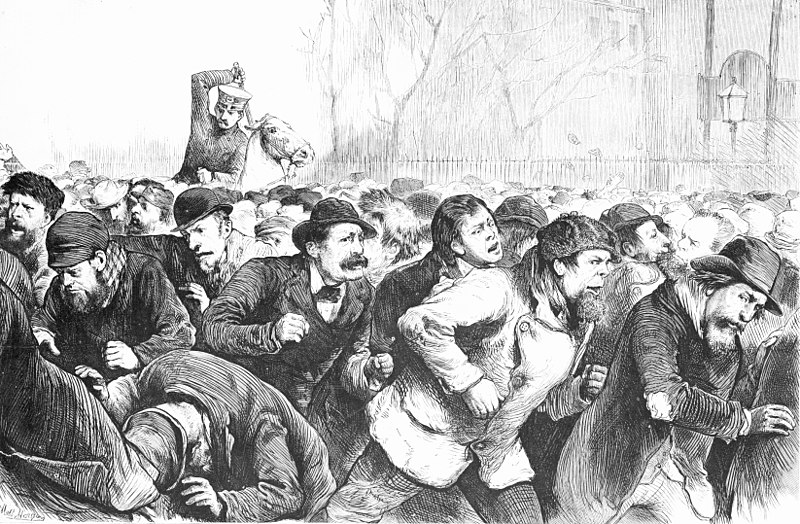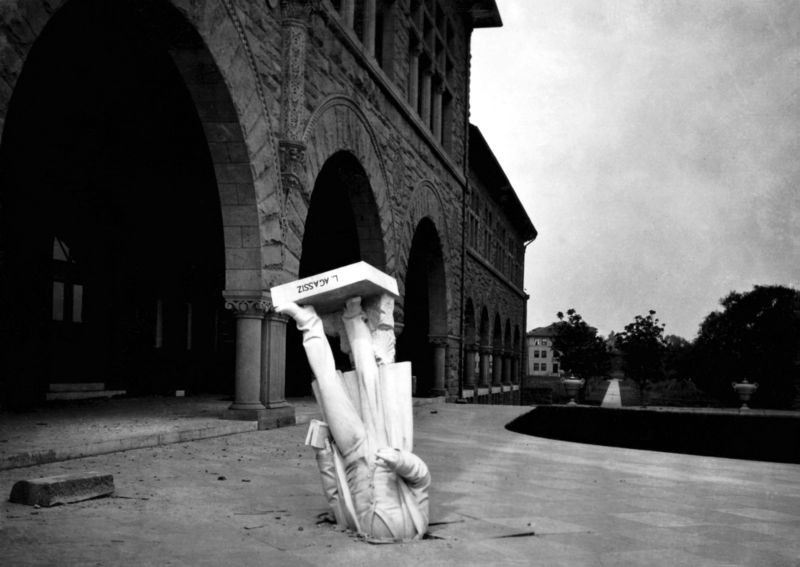
The Minnesota State Fair. Artist’s Conception.
It occurs to me that I should have taken pictures at the State Fair on Saturday, like Lileks does. But then I realize, it was hard enough dragging myself around the fairgrounds, let alone taking a camera. I know people have tiny little cameras in their cell phones nowadays, but I’m a straggler on the dragging edge of technology. I only get things after they’re passé (except for my Kindle, which was a gift from… well, I won’t embarrass him again).
It was possibly the most perfect day for the fair I’ve ever seen, from the perspective of weather. Nice temperature, and it started sunny and then clouded over without actually raining more than the occasional tiny spit. This was great for the concessionaires, not so great for Avoidants and Introverts. You know that place in the gospels where Jesus is pushing through a crowd, and stops and says, “Who touched Me?” because (He says) “I felt power go out of Me”? I didn’t heal anybody (may have injured some) but when we pushed through a crowd of teenagers who suddenly appeared around us, screaming for some pop singers (or something) at a radio station booth, I felt the power go out of me, all right. I was a shell of a man by the time I got free of that.
The conclusion was obvious. I need to lose even more weight, and get some exercise. Which I’m trying to do.
Or else give up the fair.
I need to retract an endorsement.
Hunter Baker (funny, I was just thinking about him) commented on my review of Lee Child’s Killing Floor, writing the words I always dread:
I have read a lot of Lee Child books, but had to stop a couple of years back. He revealed himself in a couple of books to be pretty seriously anti-Christian. And made the Reacher character share those views. That did it for me…
I was a major fan of his. It began small with Reacher refusing to fly Alaska Airlines because they put a small Bible verse on each tray. In a subsequent book, there is an extremely bizarre Christian character who is some kind of caricature of American evangelicals. Once I read that one, I just decided Lee Child didn’t need any more of my money.
Sad, but not really a surprise. No more of my hard-earned will flow to Lee Child either.



